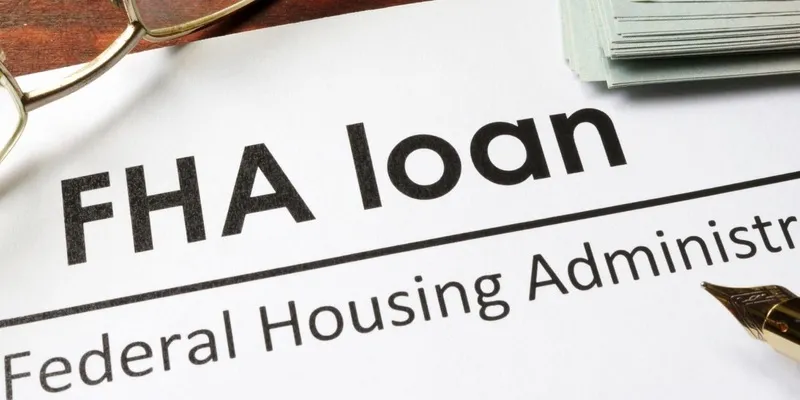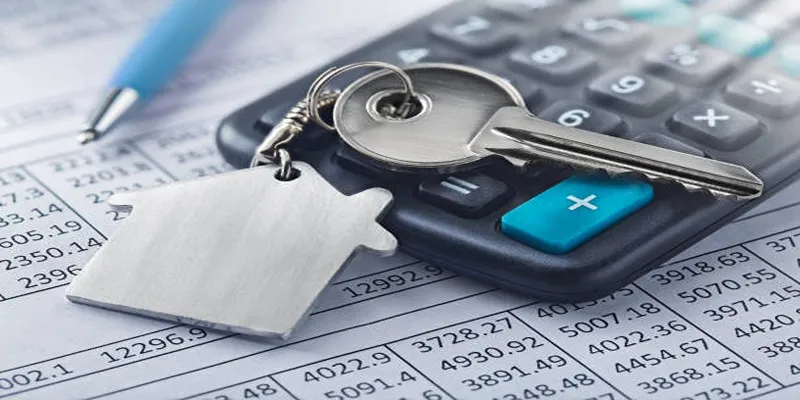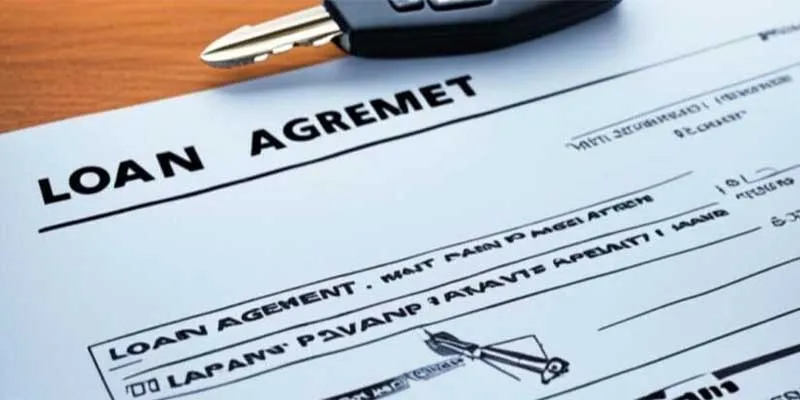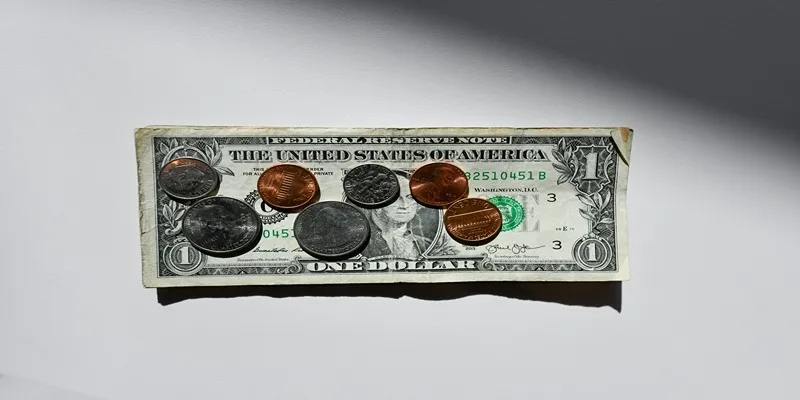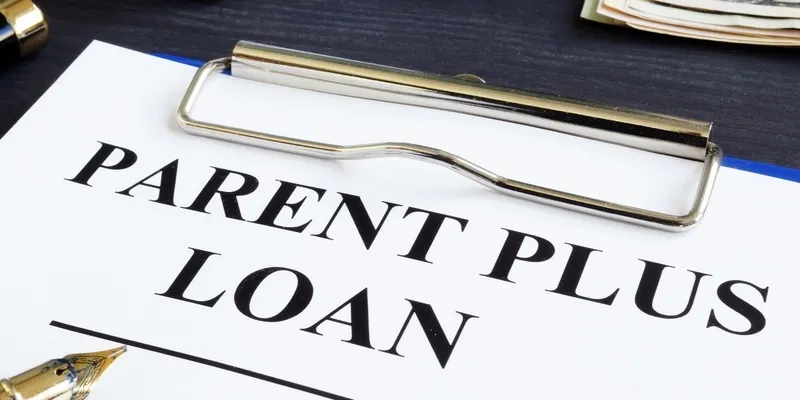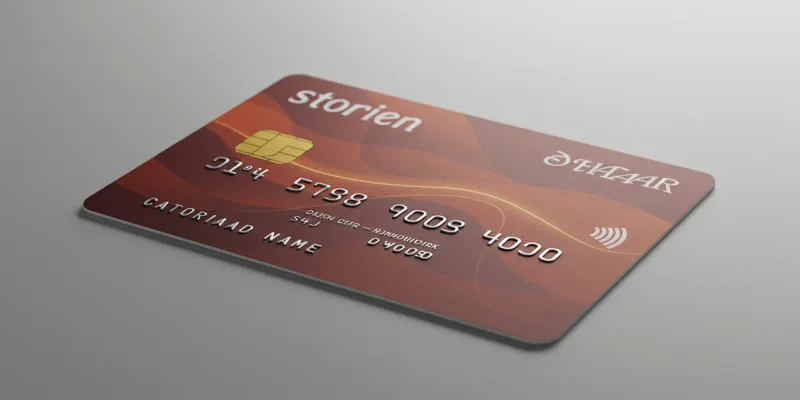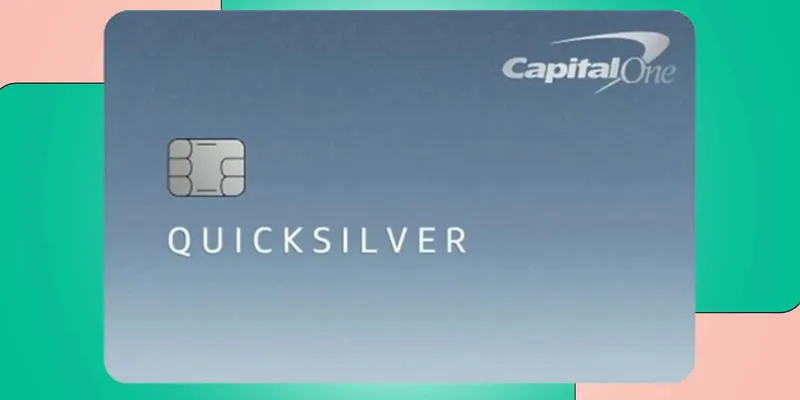Your Home Equity Loan Journey: Strategies for Bad Credit Borrowers
Securing a home equity loan with bad credit can seem challenging. Many lenders see low credit scores as a risk, making it difficult to qualify for standard loan terms. However, even with a less-than-perfect credit score, you can still tap into your home’s equity with the right strategy.

From preparing your finances to finding alternative lenders, there are ways to improve your chances of getting a home equity loan despite bad credit. This guide will walk you through the essential steps to unlock your home’s value, even when faced with credit challenges.
Understanding Home Equity Loans and Credit Scores
A home equity loan allows homeowners to borrow against the equity in their property. Lenders assess borrowers’ reliability based on their credit scores, which influences interest rates and terms. For borrowers with bad credit, the perceived risk is higher, possibly leading to stricter requirements or higher rates.
Credit scores also help determine repayment potential. Scores below 620 are less favorable, but some lenders are willing to work with bad credit borrowers. Typically, you should have at least 15% to 20% equity in your home as collateral to qualify. High equity levels can provide lenders with security, even when your credit score is low.
Steps to Improve Your Approval Chances
Preparation is crucial when applying for a home equity loan with bad credit. Here are some key steps to increase your chances of approval:
Review and Improve Your Credit Score
Before applying for a loan, review your credit report. Knowing your score and identifying errors or outstanding debts is essential. Dispute mistakes and pay off small debts to increase your score, making you a stronger candidate. Even small improvements in your score can influence the interest rate and loan terms you receive.
Calculate Your Debt-to-Income Ratio

Lenders use your debt-to-income (DTI) ratio to assess whether you can manage additional monthly payments. Calculate your DTI by dividing your monthly debt payments by your gross monthly income. Aim for a DTI below 43%, although some lenders accept higher ratios. Lowering your DTI by reducing debt or increasing income demonstrates financial stability, even with a low credit score.
Choose the Right Lender
Not all lenders specialize in home equity loans for bad credit borrowers. Some online lenders, credit unions, and community banks are more flexible with applicants who have lower credit scores. Research lenders to find those who work with your credit profile, saving you time and increasing your chances of approval.
Consider a Co-Signer
If you have a trusted friend or family member with strong credit, consider asking them to co-sign the loan. A co-signer’s credit can offset your low score, making approval easier and potentially lowering your interest rate. However, both you and the co-signer will share responsibility for loan payments, so it’s essential to understand the risks involved.
Offer More Collateral
Offering additional collateral, such as another property or valuable assets, can make you a more appealing candidate for a loan. This extra security can persuade lenders to consider borrowers with bad credit. However, remember that this may increase your financial risk if you’re unable to meet the loan terms.
Exploring Alternatives to Home Equity Loans
If securing a traditional home equity loan is challenging, consider these alternatives:
Home Equity Line of Credit (HELOC)
A HELOC functions like a credit card with a revolving credit line, offering a flexible alternative to a home equity loan. You only pay interest on the funds you use, which can be advantageous if you don’t need a lump sum. For borrowers with bad credit, HELOCs may come with higher interest rates, but the payment flexibility can be attractive.
Cash-Out Refinance
Cash-out refinancing allows you to refinance your mortgage for more than you owe and take the difference in cash. This option can be beneficial if you need a significant amount of money, although it may come with higher interest rates for those with bad credit.
Personal Loans

For smaller amounts, a personal loan can be a viable option. Some lenders specialize in personal loans for those with less-than-ideal credit, although the interest rates may be high. Personal loans do not rely on home equity, making them easier to qualify for in certain cases.
Preparing for Approval and Managing Expectations
Entering the home equity loan application process with realistic expectations is essential. Here’s how to prepare:
Expect Higher Interest Rates
Due to the increased risk of lending to individuals with bad credit, expect to pay a higher interest rate on your home equity loan. This additional cost helps lenders offset potential losses. However, with diligent repayment, you may be able to refinance at a lower rate in the future once your credit score improves.
Be Ready for Additional Requirements
Lenders may require additional documentation or proof of income to verify your financial stability. Be prepared to provide tax returns, pay stubs, and other financial documents. Having these readily available can expedite the process and demonstrate your seriousness about the application.
Keep Loan Amounts Realistic
Borrowing within a conservative range based on your income and equity can increase your approval chances. Applying for a smaller amount may also show lenders that you’re financially responsible, even with a lower credit score.
Conclusion
Securing a home equity loan with bad credit is possible with preparation, patience, and flexibility. By improving your credit score, reducing debt, and researching lenders that cater to your situation, you can enhance your approval chances. Alternatives like HELOCs, cash-out refinancing, and personal loans also provide options for accessing your home’s equity. While bad credit may limit some loan terms, proactive measures can help you responsibly unlock your home’s value and work towards your financial goals over time.
